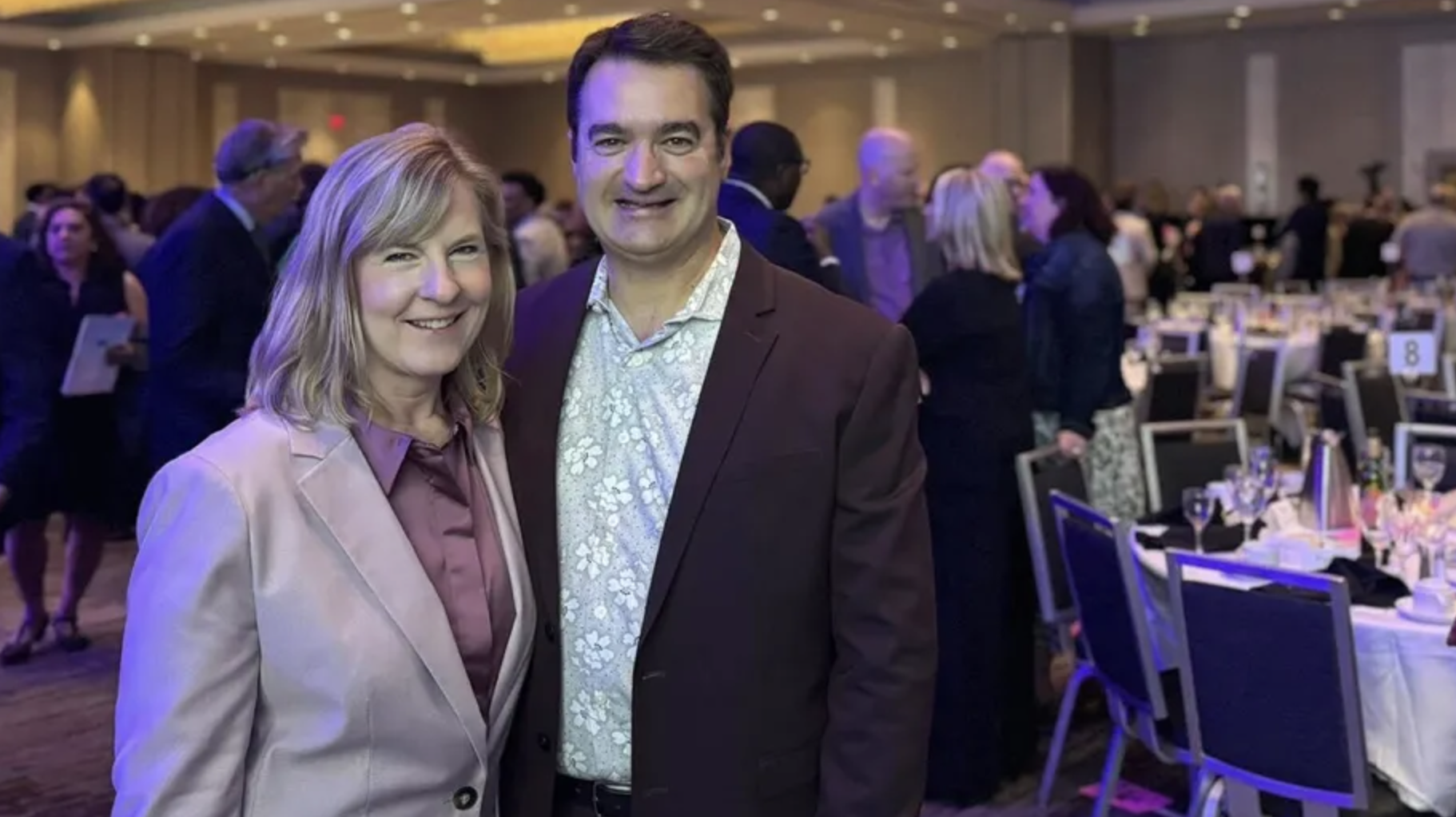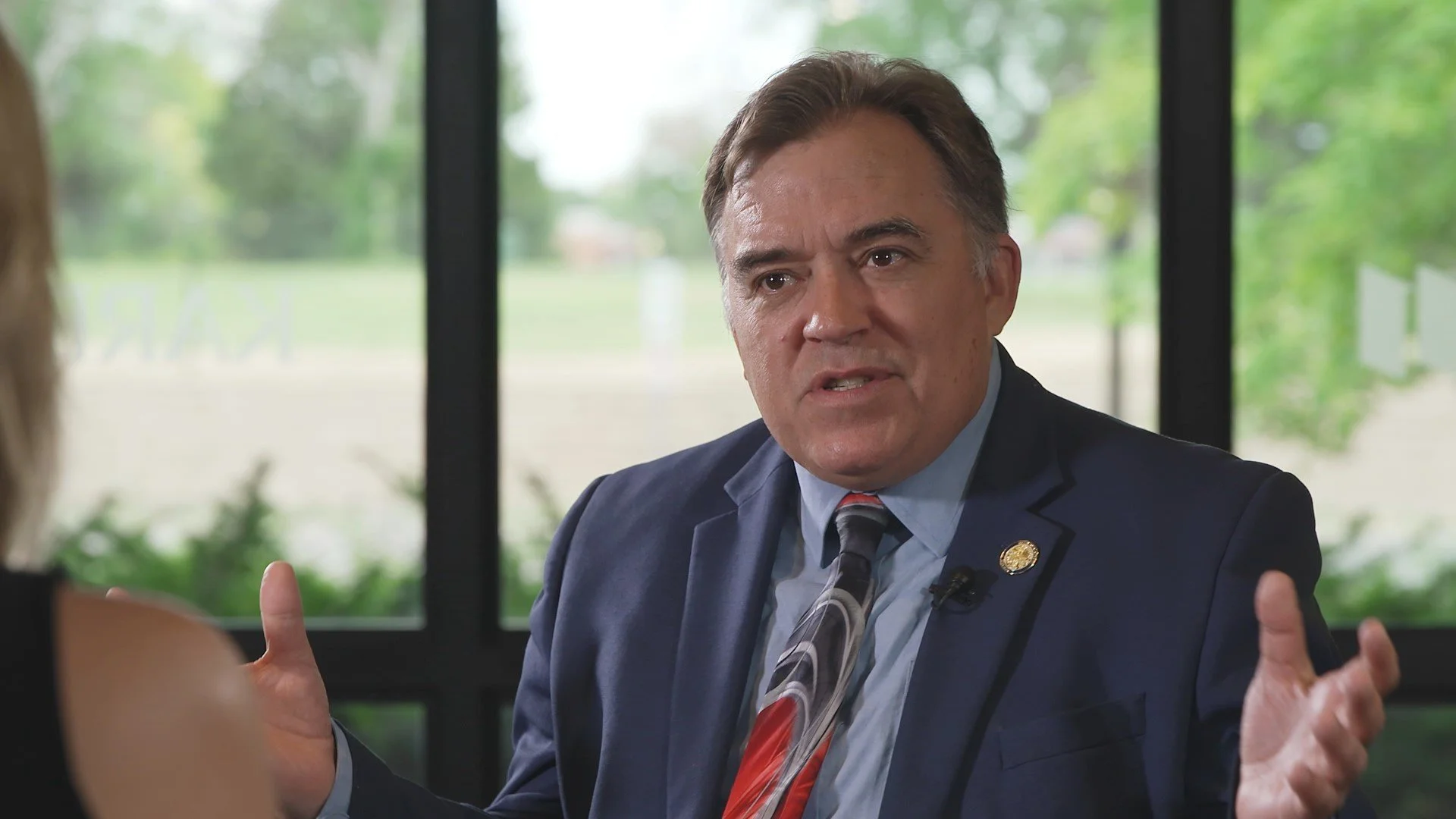Violence in America
A few weeks ago, my wife and I attended a dinner party with a collection of people from a former church I pastored. Several couples were long-time friends, but a number of the people present were new to us. It was enjoyable to catch up with old friends and become acquainted with those we had just recently met.
During the course of our evening together, someone would inevitably slip in a political comment and a few others would engage, either with a positive or negative response. For the most part, the dinner party guests stayed away from politics but from time to time someone would throw in a little political commentary. It’s the world we live in, right?
I chose to remain silent and merely listen to what people were saying about the deportation of immigrants and a few other highly sensitive political issues. I learned early in my ministry that pastors must tread carefully if they choose to engage in partisan politics.
What encouraged me, however, was that even when people disagreed over how the government was handling controversial subjects, the conversations remained civil. No one disparaged another person simply because they held a different opinion. My wife and I left the dinner party that night feeling hopeful that Americans might be able to successfully navigate through these troubled times.
As I write this blog, I’m not so sure. The cold-blooded murder of Charlie Kirk was another reminder that America is a deeply divided country, and too many of our citizens have chosen violence instead of debate as a way to settle disputes. In June, the Democratic Congresswoman and former Speaker of the House in Minnesota Melissa Hortman and her husband were gunned down in their home. That same day, Democratic State Senator John Hoffman and his wife were also shot but, fortunately, survived. Murders and violence against political figures have become all too common in America.



It is as if the entire nation is sitting on a powder keg of raw emotion, with the fuse rapidly melting away. An explosion seems imminent.
What is happening to the country we all love? Who is to blame? What can we do about it? I have been asking myself these questions over and over again these past several years. Unfortunately, the violence we have witnessed in the death of Charlie Kirk is not a one-off. Both Republican and Democratic lawmakers have been victims of violence.
So, who is to blame? The fierce rage boiling in American culture didn’t just happen; it had to be stoked. There are reasons why the nation is on edge. Economic disparity between the super-rich and poor, partisan politicians stretching the truth, or even lying outright, to score political points, social media’s 24/7 incendiary political commentary, and the pressures people feel living in the modern world all contribute to our toxic culture.
I place responsibility on those who paint political opponents as un-American merely because they have different political views. I point to those who knowingly use inflammatory language to curry favor with their base as adding fuel to the fire. I find reprehensible those who castigate one political party as evil, while ignoring their own party’s failures.
Words have consequences. If we use words as weapons to hurt or denigrate others, we will only incite vitriol and division. We can disagree without being unkind. We can debate without being disrespectful. We can defend our views without unfairly condemning our opponent’s beliefs. But remember: whenever we lose control of our emotions, we have lost the argument.
In a sense, we are all to blame. We have made politics a zero sum contest. Compromise has become a dirty word, even though our republic is based on working across the aisle, learning to give and take, and negotiating for the common good. When one party believes it must win at all cost and the other party must lose, the entire country loses.
A choice lies before us. Our country’s future stands at a crossroads. If we continue to believe that one political party is virtuous, while the other is demonic, we will self-destruct. If we continue to fill our minds with half-truths and anger-inspired rhetoric from social media and 24 hour news commentaries that poise as objective news sources, we will not survive. If we continue to think that those who do not share our views are our enemies, then the last chapter of the American story will have been written.
We must all critically examine ourselves and see our faults and weaknesses and recognize that our great republic needs the balance of different voices and divergent perspectives to succeed. “Come now,” says the prophet Isaiah, “and let us reason together.”
Can we as a nation do that? The choice is ours. America’s future depends on the answer.


